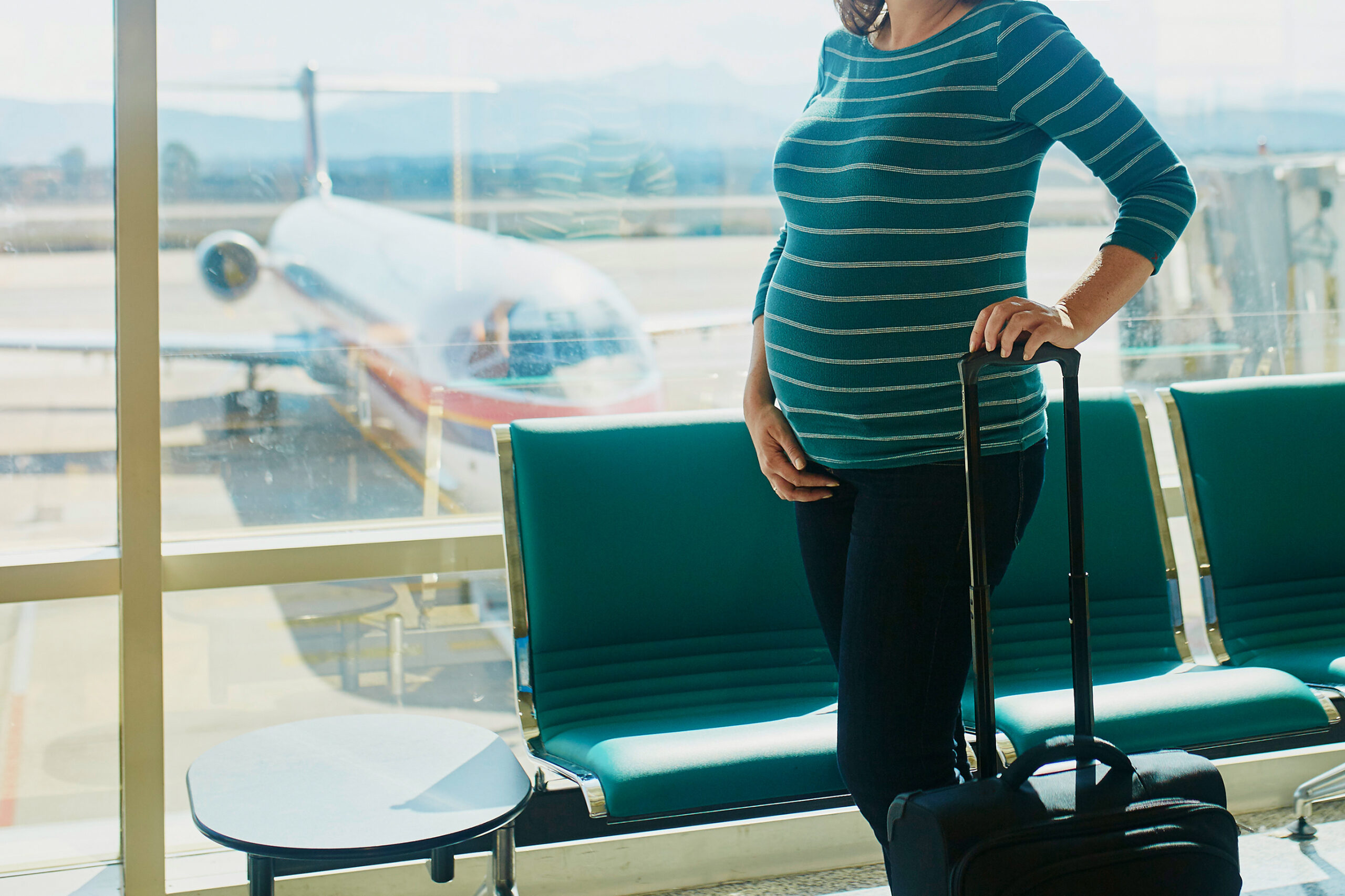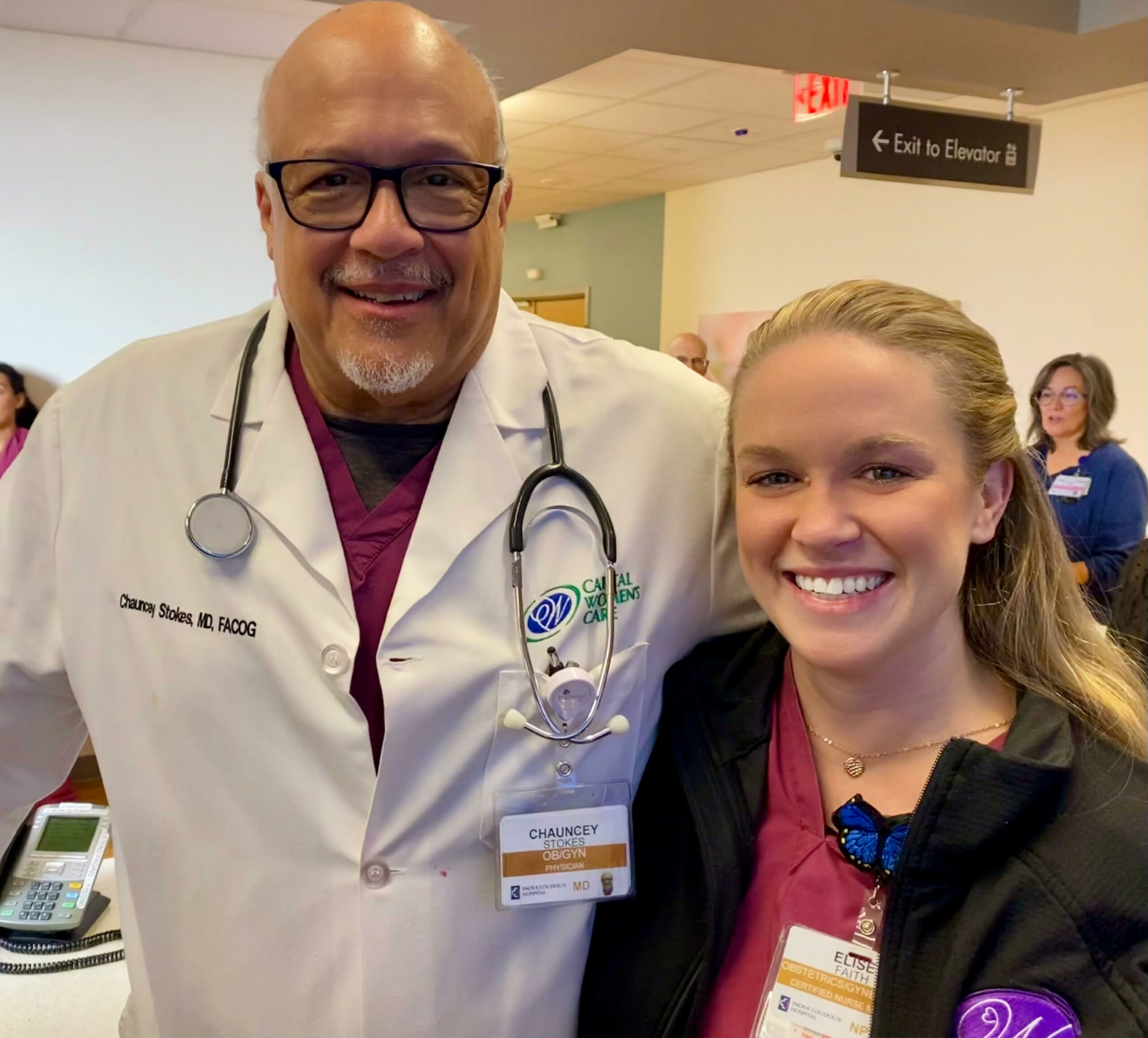Before planning any trip, it’s important to check in with your obstetrician or midwife. They can provide advice based on your health, the stage of your pregnancy, and any potential risks. Here are some general tips as you plan to travel while pregnant.
1. Timing is Key:
The second trimester (between 14 and 28 weeks) is often considered the safest time to travel. Morning sickness typically subsides by this point, and the risk of miscarriage is lower. The third trimester might be more challenging due to increased discomfort and a higher likelihood of going into labor.
2. Stay Hydrated and Eat Regularly:
Drink plenty of water to stay hydrated. Pack healthy snacks, especially for long trips, to ensure you have something nutritious to munch on.
3. Dress Comfortably:
Wear loose-fitting clothes and avoid restrictive footwear. Compression stockings can be helpful for long flights to promote circulation.
4. Move Regularly:
On longer trips, particularly by air or car, make an effort to stretch and walk around at least every two hours. This can help reduce swelling and decrease the risk of blood clots.
5. Choose the Right Mode of Transport:
- Air Travel: Most airlines allow pregnant women to travel up to 36 weeks of gestation. Always check the airline’s policy beforehand. Opt for an aisle seat to make it easier to stand up and move around.
- Car Travel: Wear your seat belt below your bump, with the diagonal strap between your breasts. Take frequent breaks for stretching.
- Sea Travel: If you’re prone to seasickness, be aware that some medications might not be safe during pregnancy. Cruise ships often have onboard medical services, but verify beforehand.
- Train Travel: Trains can offer more room to move around, which is beneficial for pregnant travelers.
6. Avoid Risky Areas:
Stay clear of destinations with high risks of diseases, especially those for which vaccinations are contraindicated during pregnancy. Check the Centers for Disease Control and Prevention (CDC) for travel advisories. In certain destinations, avoid tap water and choose bottled water. Be cautious of consuming raw or undercooked seafood, unpasteurized dairy products, and street food.
7. Know the Local Healthcare Facilities:
Familiarize yourself with the nearest hospitals or clinics in your destination that can cater to pregnancy-related emergencies.
8. Listen to Your Body
Above all, be attuned to your body’s signals. If you feel overly tired, take breaks. If something doesn’t feel right, seek medical attention.
Traveling during pregnancy can be a fulfilling experience with the right precautions. By planning ahead and staying informed, you can ensure a safe and enjoyable trip for both you and your baby. Safe travels!



